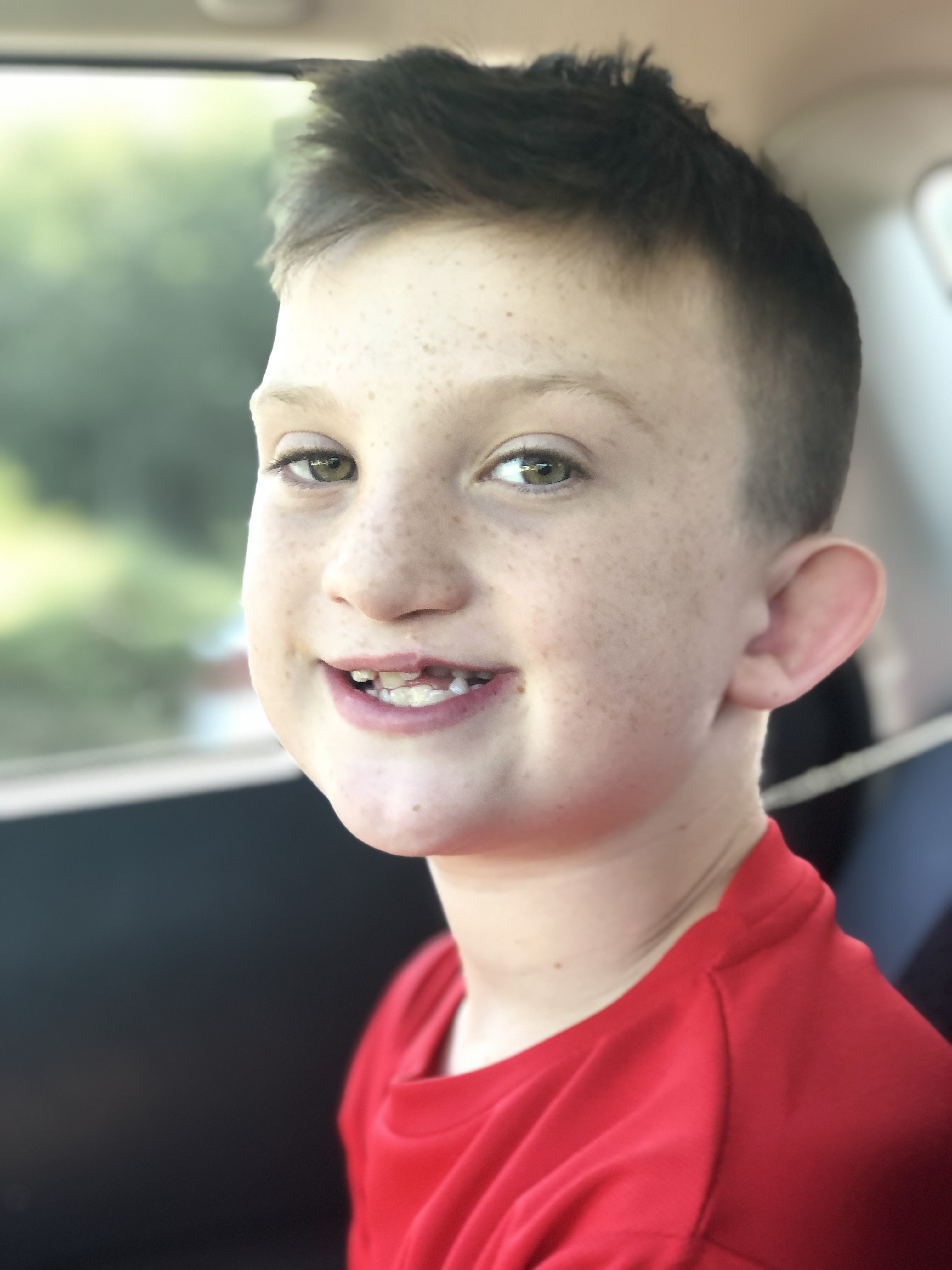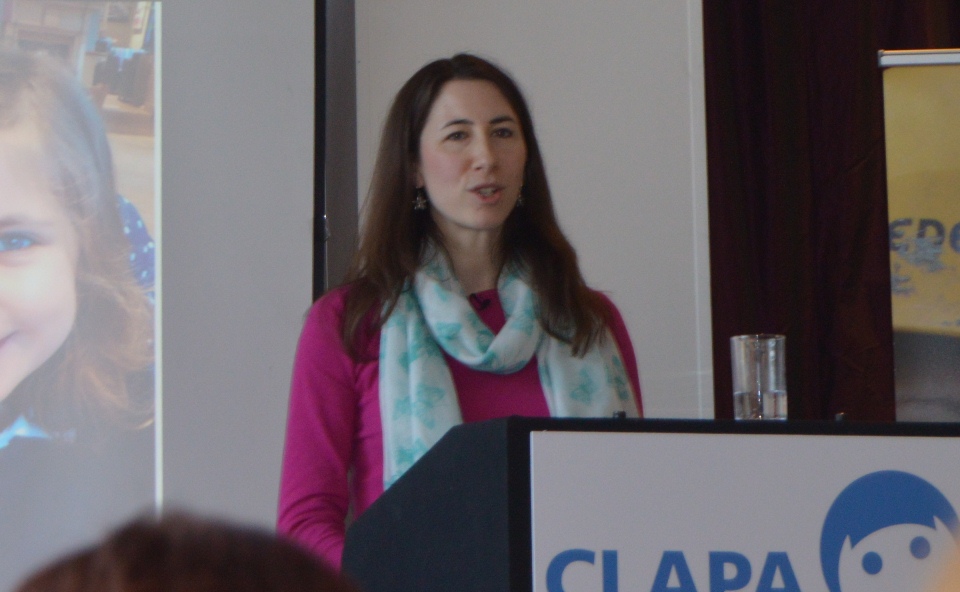
Helen’s Story
Helen, who is now 89, has been supporting CLAPA with our Christmas cards for years. She reflected back on her experiences as a parent of a child who was born with a cleft palate, and has kindly shared her story with us.
My son Sean was born in 1965. We live in Staffordshire and the Maternity Home was about 5 miles away. Ambulance drivers obviously feared a delivery in their ambulance so kept advising me, ‘Don’t push’, and when we arrived, the stretcher was put down in the spacious entrance hall of the former Victorian house. Sean was delivered within minutes – this speedy delivery is relevant.
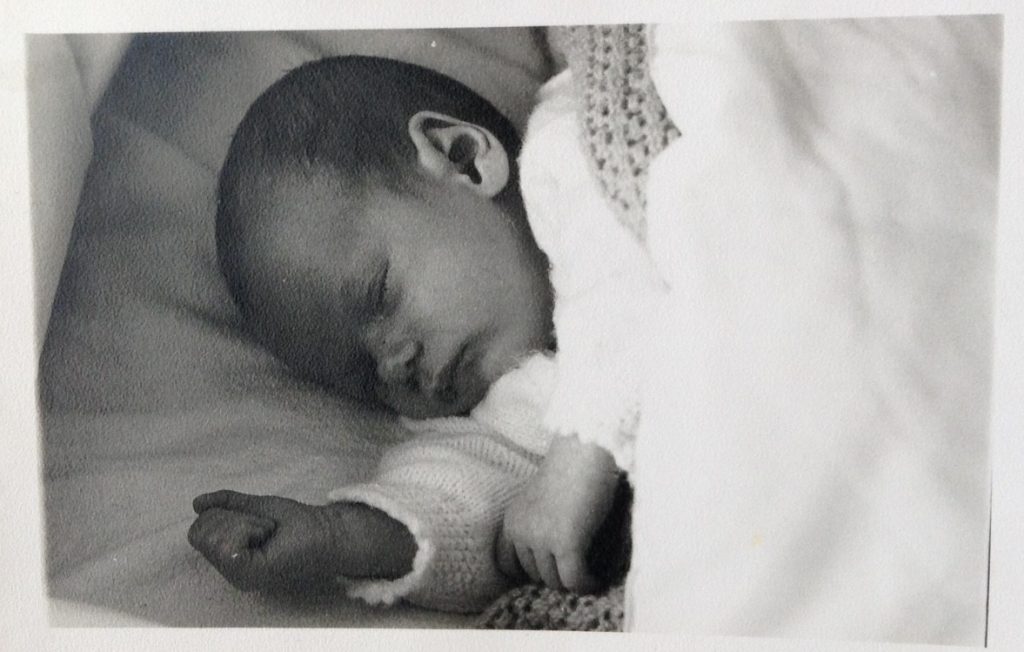
As they did in those days, our GP came to see me and said nice things. I had decided to bottle feed, as I had a toddler who I thought might distract us. Nurses noticed that he didn’t take much milk, but said, ‘Ah well, he arrived rather quickly so a shock to his system.’
The following morning the same thing happened and the same reassurance was given. However, at about 2pm in the afternoon the matron came to tell me that my baby had a cleft palate, though said it was ‘soft’ only and would be operated on when he was one-year-old. My GP came hastening back to the maternity home to reassure me.
He was made much fuss of in the maternity home, but taking milk was a problem. Again, I had NO idea what a palate looked like!
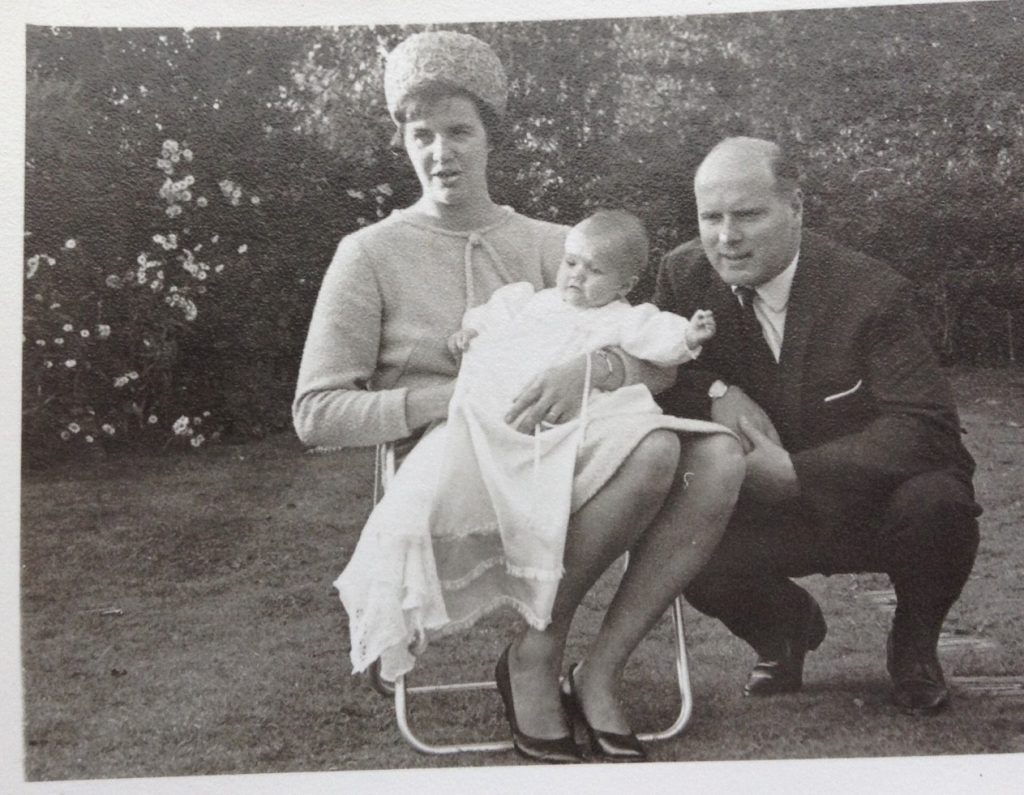
How to feed? Well, we worked out that we could squeeze a plastic bottle, and these had only just appeared as an alternative to hard, unyielding glass.
Then we got a hot darning needle and made the hole in the teat a bit bigger than the biggest we could buy. With that, we ensured that we were ‘artificially’ replacing the sucking movement which the baby didn’t have the power to do. We had to work out all this ourselves…
His operation was correctly done within days of his first birthday. We had one or two crises when he appeared to be choking and went blue in the face. I ran next door and my neighbour rang the doctor who came immediately. By the time he arrived, Sean had sneezed and cleared his blocked nose, but the doctor said ‘If it happens again, put two fingers in his mouth to open it, as babies don’t realise they can breathe through their mouth.’
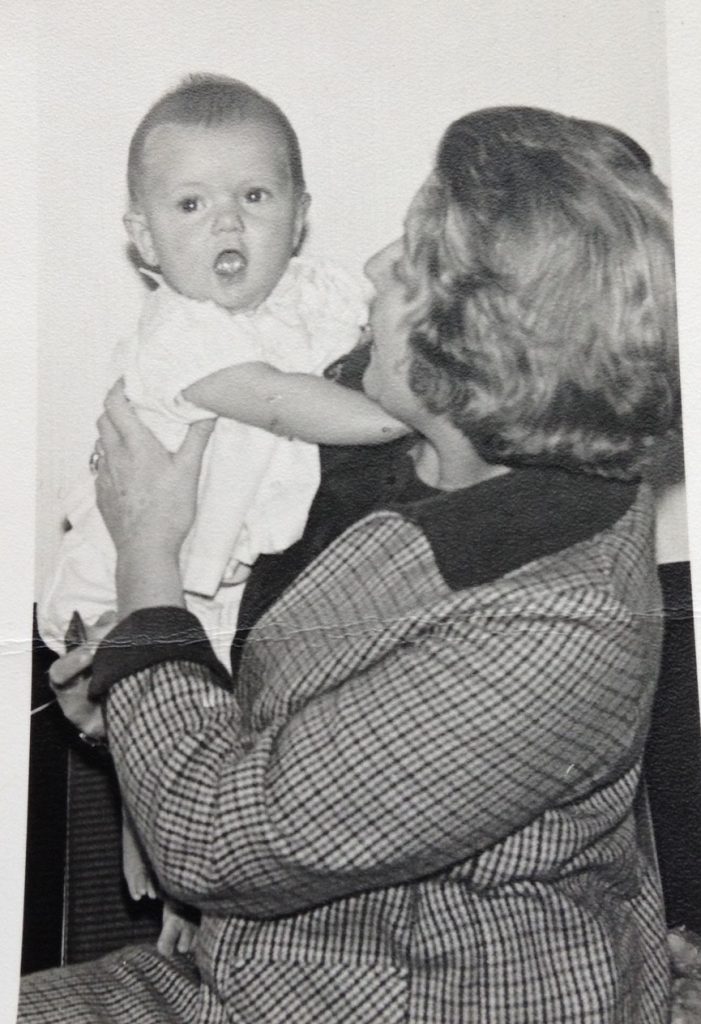
A most wonderful, kind, sympathetic orthodontist did the operation. We stayed nearby with friends and could visit frequently. Many years later, I can hear him crying as we left the ward and the nurses allowed him to clutch his little yellow eiderdown. How anyone can put stitches and do surgery in such a tiny mouth, I shall never know!
He has never had any problems at all, his second teeth came through OK, and he has no idea about this period of his life.
Some years later I saw an advert for CLAPA Christmas cards and have bought them ever since, with donations for baby packs. My heart goes out to the parents of young children born with any kind of cleft and I join with all of them in praising the skill of the surgeons.
With much love to all parents and babies, Helen.
